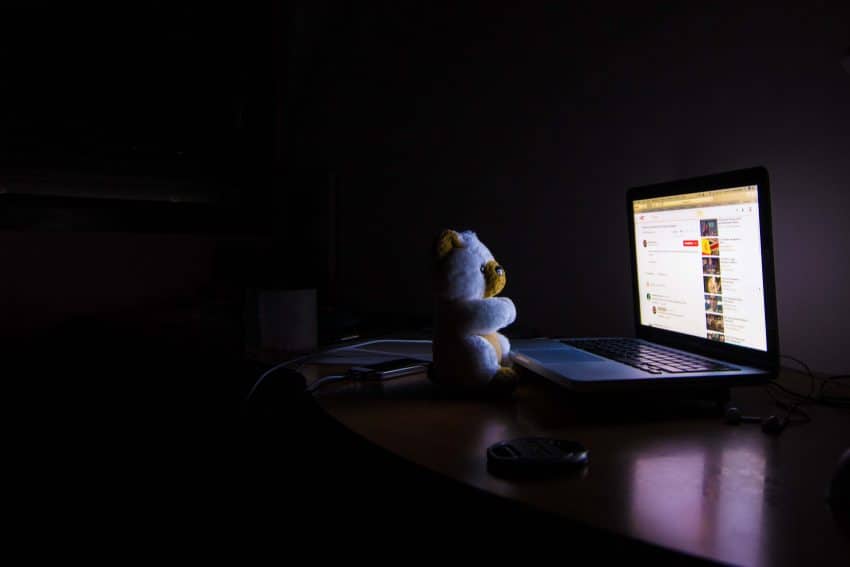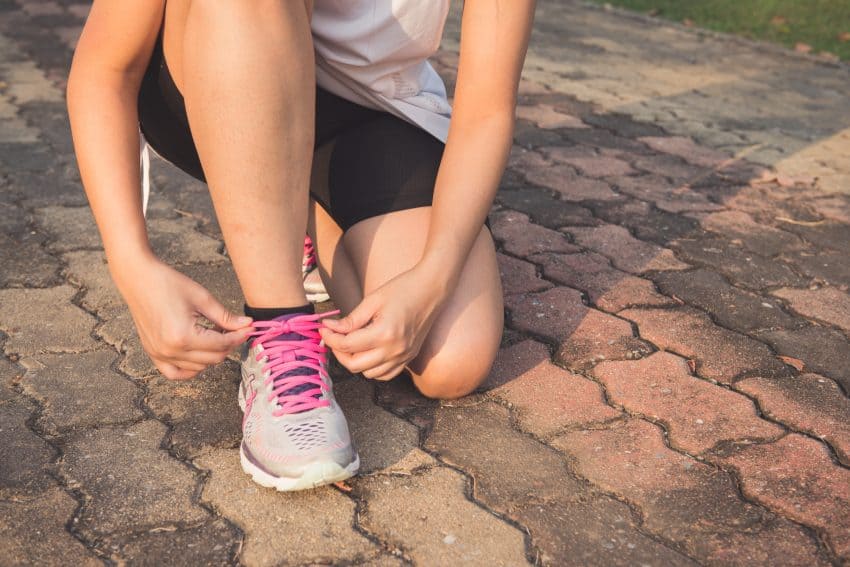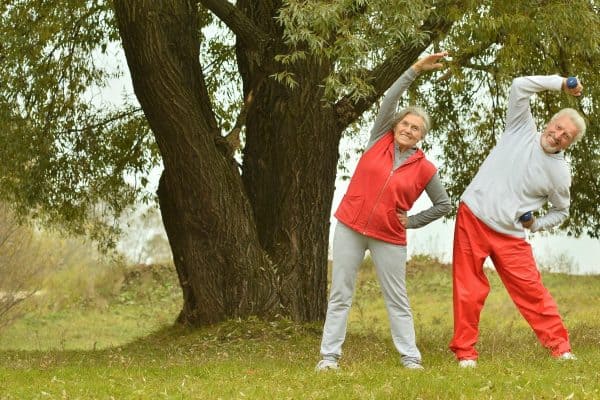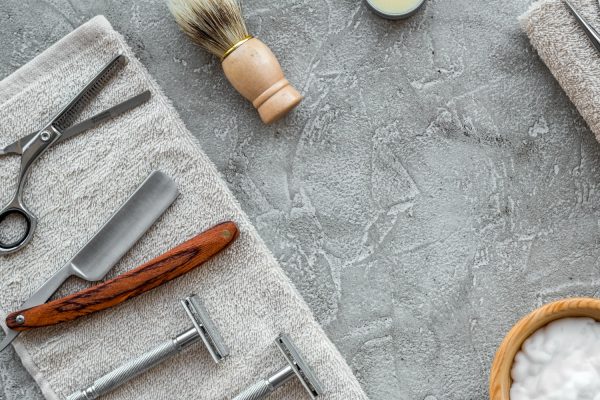Sleep is a part of life. In fact, we can’t survive without it! But have you ever stopped to think about the relationship between sleep and stress? Feeling stressed can stop you getting a quality sleep. But likewise, not getting a good night’s sleep can make you feel more stressed! It can be a vicious circle, so what are you to do? Lets explore some of the benefits of a good kip, and how you can help yourself get a better night’s sleep.
How sleep can help you to de-stress
Sleep plays a crucial role in your overall mood and wellbeing. The more tired you are, the more irritable and impatient you’re likely to feel. This is because how much you sleep each night has a direct impact on how well your body is able to regulate stress hormones. Over time, not getting the recommended 7-8 hours a night could reduce your body’s ability to keep stress hormones in check, making you more susceptible to feelings of stress.
Frequently feeling stressed, whether the result of tiredness or not, has wellness implications beyond simply feeling grumpy. Stress can lead to high blood pressure and high cholesterol, which both increase the risk of a myriad of other health issues. By investing in your sleep habits, you’ll keep your stress regulation skills finely honed, and could reduce your risk of these conditions. It’s easy to take a good night’s sleep for granted, but we shouldn’t; it’s crucial to our wellbeing!
But, if like many of us, stress is stopping you from getting the sleep you need to combat stress, what can you do to help yourself nod off?
How to sleep better
Set yourself a technology curfew

Making time to wind down before you go to bed is vital to de-stressing and getting a good night’s sleep. Steering clear of stimulating activities for at least 30 minutes before bed can help you to fall asleep quicker, and stay asleep. Activities like using your mobile phone or computer should be off the table during your wind-down time. As well as keeping you alert, the blue light emitted by electronic gadgets restricts production of melatonin, the hormone that controls your sleep cycles. Even if you don’t use your gadgets before bed, their vibrating and chiming during the night can disturb you, whether you notice or not. So, banish them from the bedroom!
Use your senses to prepare for sleep

Similar to meditation techniques, engaging your senses as part of a bedtime routine can help you settle into a good night’s sleep. Start with a light snack like tart, melatonin-boosting cherries. Alternatively, warm, milky drinks or a cup of chamomile tea are known for their soothing effects and could help you doze off. Next, listen to music with a slow beat, like classical or jazz. Keep a lavender oil diffuser or a lavender-scented pillow in your bedroom, too. Lavender is known not only for lulling you into a peaceful sleep, it’s also been found to increase the amount of deep sleep you get. When you finally get into bed, tuck yourself in. After all, if swaddling babies is proven to help them sleep, then it’s certainly worth a try for adults, too.
If you’re still struggling to nod off, try visualisation techniques. Close your eyes, breathe deeply, and imagine a place where you feel relaxed and peaceful. As the image in your mind’s eye takes shape, you’ll slip into slumber in no time.
Exercise

There are numerous studies out there that have found that physically active people experience better quality, longer sleeps than those who are more sedentary. It’s logical when you think about it. Using your body more means using more energy, which means you’re more tired by bedtime. Exercise in itself is also an excellent stress reliever, as physical activity bumps up your body’s production of its feel-good hormones – endorphins.
So, does exercising to sleep better mean you have to run a marathon before bed every night? Definitely not! Just 10 minutes per day of aerobic exercise, like walking or cycling, can have a dramatic effect on your sleep quality. And, you can fit in your exercise whenever it suits you. Many find evening exercise actually leaves them revved up and unable to sleep, although this varies from person to person. If you can time your exercise so it falls during daytime so that you can benefit from a bit of extra sunlight, then that’s an added bonus!
We don’t know about you, but we’re about ready to hit the hay…



















